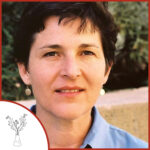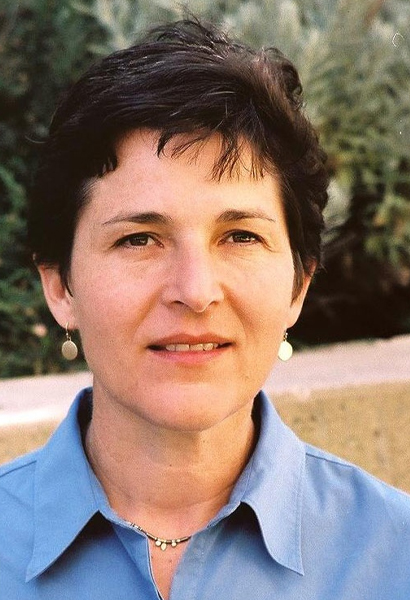

Birth: December 30, 1955
Specialty: Biology
Major Contributions:
Performing long term studies of ant colonies
Part of team to discover “Anternet”
Author Ants At Work
At the Gordon lab at Stanford University, something most people consider a pest are the stars of the show. Dr. Deborah Gordon and her team study the collective behavior of ant colonies in settings around the world.
While still a graduate student she began studying red harvester ants in an area of New Mexico and she has continued to study these colonies for close to forty years. With this dedication to these particular colonies, she was able to trace the parentage of multiple generations of groups of ants from one original queen. What is fascinating is that these colonies are so spread apart that they have no interactions, but they behave in similar manners in terms of resource management.
When resources are scarce these ants use a system to manage foraging that the researchers at the Gordon lab have dubbed the “Anternet” as the process resembles the way the early internet controlled the flow of data. This and other observed behaviors are based on the interactions of ants as a collective, there is no one ant in charge of a colony instead the individuals use smell to produce a network. This network has been proposed to work similar to the human brain with the ants mimicking neurons, and perhaps differences in human brains could be due to similar resource management styles of different types of colonies.
Gordon’s work has also looked at how ants use expandable search networks that change depending on the number of ants present and the size of the area they are searching. The idea of collective searching has been proposed for use in robotics for exploration of other planets as well as search and rescue efforts.
In 2014 Dr. Gordon designed an experiment that was sent to the International Space Station to see what effects microgravity would have on the collective search efforts of ants. The results of that study were published in 2015. At the same time a citizen science project was launched designed to engage students in collaborative study of ants with others around the world.
Dr. Gordon shares her work with the world in many ways including multiple Ted Talks, over forty papers published in the last ten years, and in 2023 her third book, The Ecology of Collective Behavior, was released.
Written by Angela Goad
Sources:
What ants teach us about the brain, cancer, and the Internet (TED)
The Gordon Lab: Prof. D.M. Gordon
The Ecology of Collective Behavior by Deborah M Gordon
See Also:
Getting Organized (TED Radio Hour)
Why Don’t Ants Need A Leader? (NPR)
The emergent genius of ant colonies (TED)
Stanford’s Ants in Space study launches citizen science for students worldwide
Collective search by ants in microgravity
